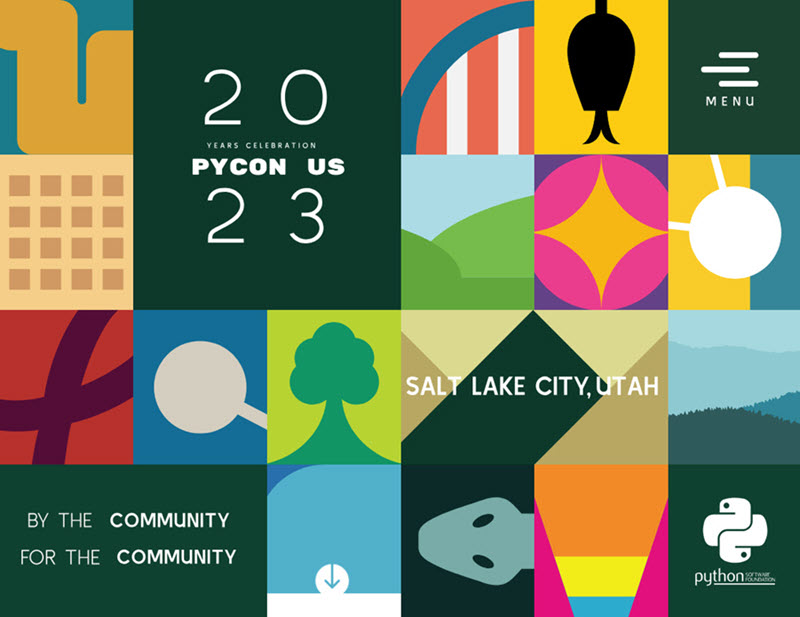PyCon 2023 retrospective

Hi, all! I was at PyCon this week (for Python developers) and I wanted to give a wrap-up from the perspective of The Good Docs Project:
🤓 Conference strategies for pitching our project to devs. One of my goals for this conference was to learn how to successfully talk about our project with devs. I had one success story where I went to an open session talking about open source governance and convinced a dev to check out our templates for community docs. Besides that one success, the main thing I learned is that it’s kind of difficult to do a cold approach to devs. It’s easier if there’s a way for them to engage about the project in a way that makes sense, such as at an open session (like WTD’s unconference sessions), a sprint, or a booth. FYI, I learned about some local user groups for Python devs that I can join to have some more regular interactions with devs and talk to them more. I’ll let you know how those go!
🤔 More insights about devs. I’m also learning that sometimes devs operate under the impression that other devs are hostile or uninterested in documentation, but don’t usually claim to be hostile themselves. However, they just don’t always see how our templates can help them get started or help them solve the documentation problems they are having. I had conversations about the struggles they often had writing docs, such as knowing how to “right size” the amount of information they were putting into a doc (too much info vs. too little). We might want to think about our user journeys a little more by talking to more devs. How do our templates help solve these problems? Are templates even the solution?
❤️ Open session about community management. As I mentioned, I attended an open session about open source governance and found that there probably is a need for community governance documentation. But I got one interesting insight from a UC Davis researcher into open source that found that often governance models are unique to each community and they develop organically. And then the documentation is there to simply codify what already exists. I also learned about an interesting grant-funded project to create a resource about community governance. I might join this group on Sprint Days this week and make some contributions.
🍭 Possible collab with MinT. A group called MinT (Mentors in Tech) had a booth at the expo. They place students from their community college in open source projects to help give them experience that will launch them into careers in tech. We do this kind of thing all the time, so why not partner with someone officially? I’ll try to reach out to them some time and see if there would be some synergy with our project.
🔭 Possible inspo for Chronologue with AstroPy. - I went to a super amazing talk about how the James Webb Telescope is powered by Python. When they post the talks online, I plan to share it with the Chronologue group because I think it could be helpful for building out the world of the Chronologue in a believable way. There’s an entire open source project devoted to astronomy and open science called AstroPy that could be fun to use as a model or inspiration for the Chronologue. I talked with one of the project leads later and as an FYI they are hiring a part-time community manager if anyone is interested in knowing more. Contact me for details, including salary!
💡 Tutorials for the win. I attended one of the tutorial days for the conference and joined a tutorial about building documentation with Sphinx. It was really well-designed and I plan to share it with the community managers as a possible model for reframing our Git training workshop to be a slightly more self-directed experience.
🔗 Connected with Creative Commons. I connected with the assistant director of technology at Creative Commons who is planning to come to Write the Docs Portland in a few weeks. We talked about licensing issues for our project and he said he’s interested in asking documentarians what they would think about dual-licenses where the documentation is licensed under CC while the code is licenses under an open source license. Interesting question!